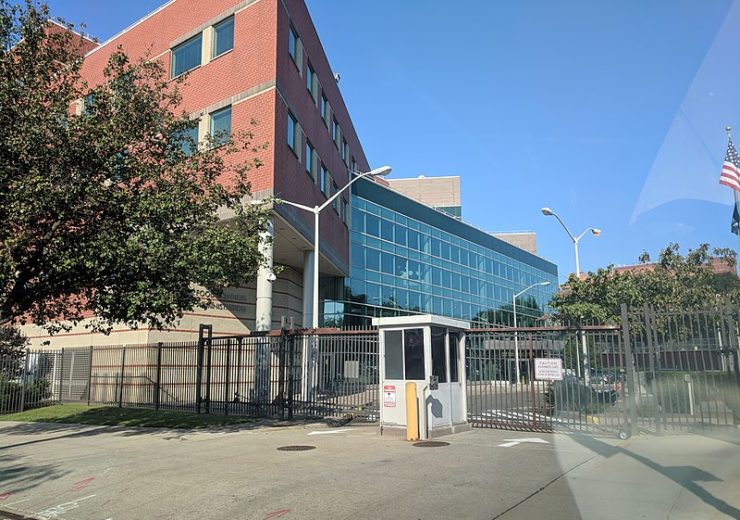Biovitals computes a time series, dubbed Biovitals Index to alert providers when patients' measured vital signs changes from their baseline

Image: FDA approval of Biovitals Analytics Engine marks the second market authorization for Biofourmis. Photo: Courtesy of CaptJayRuffins/Wikipedia.
Singapore-based healthtech start-up Biofourmis has received the US Food and Drug Administration’s (FDA) 510(k) approval for its machine-learning and artificial intelligence (AI)-powered Biovitals Analytics Engine, as a medical device for ambulatory physiological monitoring.
The regulatory clearance for Biovitals Analytics Engine marks the second market authorisation for the company, following the FDA approval of its Biovitals RhythmAnalytics platform, a cloud-based software that facilitates automated interpretation of over 15 kinds of cardiac arrhythmias.
In addition, the approval for the AI-powered solution indicates the regulatory body’s increasing acknowledgement for machine-learning and AI in the Software as a Medical Device category.
Biofourmis CEO and founder Kuldeep Singh Rajput said: “This milestone approval is foundational to the Biovitals ecosystem, which includes not only our most advanced solution, BiovitalsHF for heart failure—but also our range of solutions across therapeutic areas, such as pain, oncology, sleep disorders and others in development.
“Receiving this important regulatory approval will only accelerate the development and commercialization of these innovative digital therapeutic solutions. Drug developers need real-world evidence to prove the efficacy of their drugs and value to payers. Research conducted using the Biovitals platform delivers that evidence in a much more cost-effective and timely process than traditional investigational methods.”
Biovitals Analytics Engine identifies correlation between multiple vital signs and patient’s daily activities
The Biovitals Analytics Engine receives physiologic data including heart rate, respiratory rate and activity from the FDA-approved sensors in almost real time, and uses AI and machine learning to identify the correlation between the patient’s daily activities and their multiple vital signs.
Biovitals computes a time series, dubbed Biovitals Index to alert care providers when patients’ measured vital signs change from their baseline.
The advance alarm would provide sufficient time for clinicians to take the required steps to curb the disease progression.
Biofourmis claimed that its Biovitals platform is potentially capable of reducing hospital readmissions and decreasing the need for patients to make emergency department (ED) visits.
The AI-powered technology also generates real-world, rapid and reliable clinical insights that help medical device and pharmaceutical companies to develop more effective solutions in less time and with smaller investments.
Biofourmis clinical advisory board member and a cardiologist Maulik Majmudar said: “As the healthcare industry transitions to risk-bearing, value-based care models, tools such as the Biovitals Analytics Engine are essential to efficiently and effectively monitor and detect changes in patients’ health status before an adverse event leads to an ED visit or a hospital readmission.”
